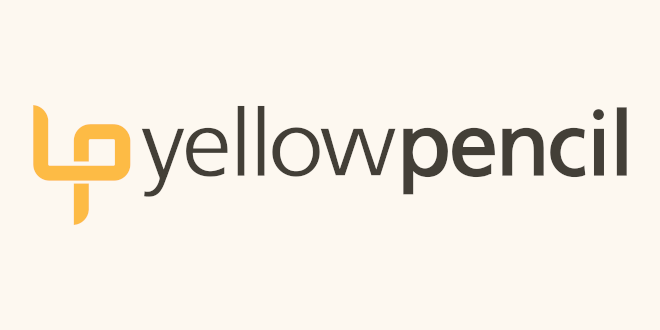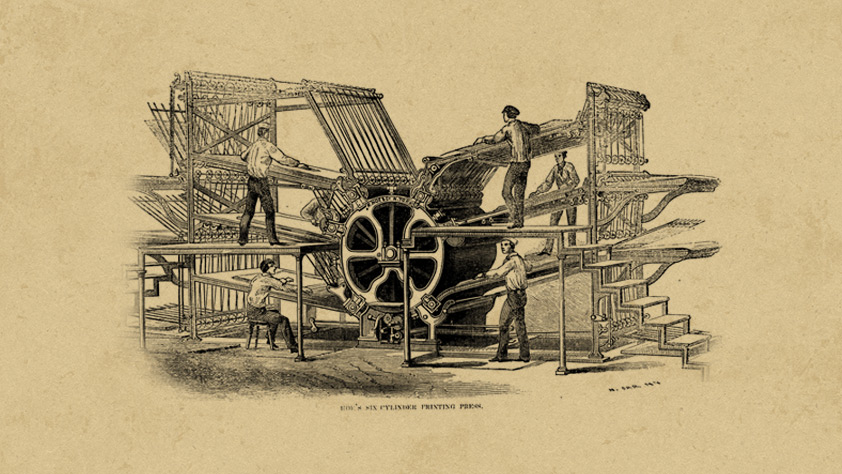
- Internet
- 26.12.2018
- EN
yellowpencil: Why an enterprise CMS?
A 3 minutes read, written by Dave
October 3, 2013

Almost 20% of websites are powered by Wordpress today. It’s easy to use, easy to setup, easy to backup. With that in mind, why would anyone spend considerable time and money purchasing an enterprise CMS?
Well, there are a few reasons. At YP we work with three enterprise Content management systems: Drupal, OpenText, and Oracle.
Each has a different speciality, and we start each project with an open mind about which tool we're going to use.
But why use one of these behemoths in the first place? If Wordpress is familiar and functional - why make things harder?
Well there are a number of reasons:
- Complexity
Many of our clients have very high traffic to their website and their web infrastructure is critical. If their site is not available, bad things happen. So ensuring that there is consistent, redundant service is important. Governments, cities and transit providers can't go offline for updates or fixes. - Many users
Our clients have hundreds of content authors, all working on content either at the same time, or in parallel. While simpler CMS systems can handle this volume with enough server resources behind them, they're not built for that kind of editing volume. The process gets clunky quickly. - Workflow
Typically our clients need an approval process (or several) in their content production process. A robust CMS allows a user with a lot of knowledge about a topic to dive in and make content updates, but across a large organization consistent tone and editorial style needs to be managed by a central group. Workflow allows the people with knowledge about a particular subject to dive in and create content, and then a group of specialists in web communication to provide feedback, best practices and oversight. Setting up a complex workflow that feels intuitive and has reporting checkpoints requires an enterprise CMS tool. - Compliance
If our clients are bound by regulatory requirements (such as finance, government, etc.) they may need to produce a copy of what their website looked like last year, or identify who approved a page for publication 6 months ago. Meeting regulatory needs is not sexy, but it's critical for any large organization to manage their risk. - Personalization
In a complex content editing environment you may have a generic message for the public, and a specific message for a specific audience. The ability to direct a specific message to an authorized audience requires a complex tool. For complex cases, our clients have many different messages going to many different audiences, all from the same website - depending on your profile. Making this process easy for a content author to understand requires an enterprise CMS. - Distribution amongst many environments
Our clients span national and international boundaries, and ensuring that a page loads quickly can require delivery servers be placed in each geographic region. Complex distribution requires a more complex tool.
With all these factors to manage - even then it would be possible to accomplish many of these tasks with a tool like Wordpress. But the real value of having all these processes in one place is reporting and systems.
If your Government said "trust us, we're being efficient" would you believe them? In any large organization or system there need to be controls to understand how work is being done so we can look for ways to improve. Large and complex CMS give us that insight into the entire system so we can make good decisions about how to create better content and make processes more efficient.
A few of our customers share their stats internally every year, and I'm always impressed at the volume of web content they are able to produce with their teams. To coordinate the publication of hundreds of pages of content every day, with a team of hundreds of content authors - that's an impressive task!
The other big benefit from enterprise CMS systems is that they tie into other large technology systems in an organization and expand the functionality of the tools and the potential for insight across a larger part of the system. More connections points of course bring more expense and time to integrate well, but the long-term benefit is a system we can manage, review and improve.
So just like the right pair of shoes, the right CMS for you depends on your needs. If you're not sure what the right fit is for you, drop us a note and we'll be happy to start a conversation.
Source: How to take your OpenText deployment time from six hours to six minutes
© copyright 2013 by yellowpencil